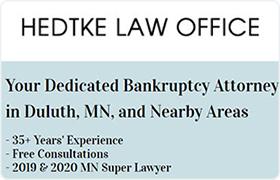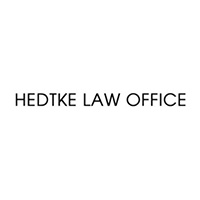NONPROFIT CORPORATION
A legal structure authorized by state law allowing people to come together to either benefit members of an organization (a club, or mutual benefit society) or f...
(more...)A legal structure authorized by state law allowing people to come together to either benefit members of an organization (a club, or mutual benefit society) or for some public purpose (such as a hospital, environmental organization or literary society). Nonprofit corporations, despite the name, can make a profit, but the business cannot be designed primarily for profit-making purposes, and the profits must be used for the benefit of the organization or purpose the corporation was created to help. When a nonprofit corporation dissolves, any remaining assets must be distributed to another nonprofit, not to board members. As with for-profit corporations, directors of nonprofit corporations are normally shielded from personal liability for the organization's debts. Some nonprofit corporations qualify for a federal tax exemption under _ 501(c)(3) of the Internal Revenue Code, with the result that contributions to the nonprofit are tax deductible by their donors.
 x
x

 John Hedtke Duluth, MN
John Hedtke Duluth, MN Practice AreasExpertise
Practice AreasExpertise
